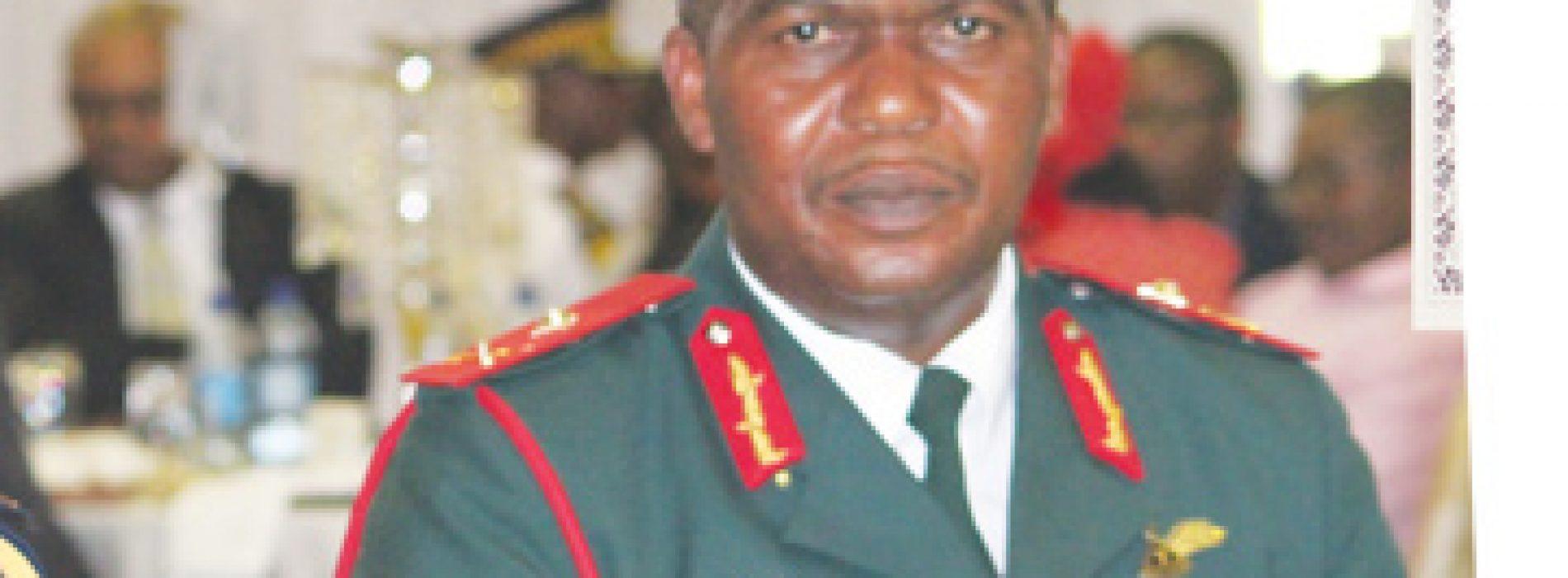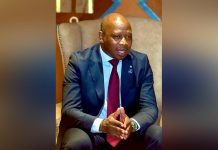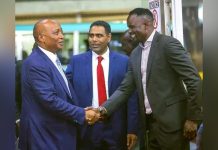Africa-Press – Lesotho. August 30, 2017 marked exactly three years since the failure of an attempted coup in Lesotho on 30 August, 2014. Whether this was a coup in the traditional sense was the subject of much debate in the media, indeed some laughing it off as a damp squib.
Perhaps this was the reason why SADC did not respond to a request by then Prime Minister, Tom Thabane for military intervention. Recently, a media report highlighted speculation that SADC might once again be asked to intervene militarily in Lesotho, to ensure that the Lesotho military does not resist the much-vaunted security and other reforms in Lesotho.
SADC last sent troops into Lesotho in 1998, to shore up the then government which was under siege from the opposition alliance. The suspicion that the Lesotho military might stand in the way of reforms stems from the fact that the military feels the reforms are a veiled attack against it for a number of reasons.
First, some within the Lesotho Defence Force (LDF) would have seen SADC as its enemy for it was a SADC-appointed
commission of inquiry which humiliated the LDF on a civilian platform to probe the circumstances leading to the assassination on June, 25, 2015, of Lieutenant General Maaparankoe Mahao, admittedly by the same military, allegedly for resisting arrest.
The SADC probe released a list of recommendations which chiefly called for investigations into Mahao’s murder; the dismissal of then Commander Lieutenant General Kennedy Kamoli and the implementation of security sector reforms, among others.
The then government led by Prime Minister Pakalitha Mosisili was at best hesitant and at worst refused to implement these reforms, prompting SADC to strengthen its stance by refashioning the reforms into decisions.
Of these key decisions, only the dismissal of Kamoli has been implemented with added pressure from the international community. Second, the firing of Kamoli would have been seen by some in the military as part of a longer plan to weaken the Lesotho military and possibly even its eventual disbandment.
Kamoli is something of a hero among some of his uniformed colleagues. They credit him with restoring the dignity and morale of the military after SADC humiliated it with partial disarmament following the 1998 intervention.
Kamoli is also credited with improving the training, welfare and resourcing of the LDF. Indeed, he is quoted as having vowed that the LDF would never again experience the humiliation suffered in 1998.
Third, the military has been a contested institution in Lesotho. It has indeed been the one anchor of power lacking for the hugely popular congress governments which held power in Lesotho consistently from 1993 to 2012.
Despite dominating parliament, the civil service and the police, the congress governments have never been fully stable. This is because the governments have never enjoyed the full loyalty of a military still believed to support the conservatives led by the Basotho National Party (BNP).
Mosisili himself has survived several assassination attempts allegedly by rogue soldiers loyal to the BNP. Needless to say, it is these elements which were allegedly fingered in the assassination of the former deputy Prime Minister, Selometsi Baholo, in 1994.
However, since 1998 a process to clean up the military has seen the rooting out of these elements, the restructuring of the military with the assistance of the Indian military, the change of command and in recent times the increase in the defence budget amidst much opposition outcry.
Kamoli was hailed as a champion of these measures by the Mosisili governments, even defended as a loyal and professional soldier when he was under attack locally and internationally.
It is also not surprising that the congress alliance campaigned on protecting the military from alleged threats of disbandment by Tom Thabane in the snap election of June 3, 2017.
It is also worth noting that the former deputy Prime Minister Mothetjoa Metsing admitted to his followers after the election that the congress alliance had a duty to try to remain in power to protect the military as it was behind their return to power in 2015 (in an inadvertent reference to the 2014 attempted coup).
Last, Tom Thabane has not done enough to quell the suspicion that he is an enemy of the military which he is allegedly wont to do away with. He is currently not enjoying official military VVIP security after he rejected it when he re-took the prime ministerial seat following the June 3 snap election.
This mistrust of the military goes back to 1998 when he, as foreign minister in then Mosisili’s government, is widely held to have been behind the request for SADC military intervention into Lesotho.
His uneasy relationship with the military continued with another request for military intervention after the 2014 attempted coup. It is not surprising that this mistrust has filtered to his All Basotho Convention (ABC) supporters, who are still angry with the military’s killing of Mahao.
The tensions between the LDF and Thabane’s government do not augur well for the implementation of reforms. The military has been rightly slated for appearing to want to pick and choose governments that it prefers to be loyal to.
This is far from the behaviour expected of a disciplined and professional defence force. It is an attitude which has been exploited by the previous Mosisili-led coalition as it sought to consolidate its power.
In the process, divisions have crept into the military ranks, a spectre that saw two LDF factions turn on each other in 1997 and more recently the brutal abduction and torture of some soldiers with others fleeing into exile to escape the torture on trumped up mutiny charges.
The issue of Lesotho’s military needs to be addressed before the reform process is set in motion. This means that it cannot simply be addressed as part of the reform process but must be dealt with as part of the creation of an enabling environment for genuine, open and fully participatory reforms.
This is important to ensure that the reforms make a lasting contribution to the shaping of Lesotho’s future. This potential is rooted in the reforms’ ability to attract the support and ownership of the citizens, especially given the ever-present likelihood of casualties typical of reforms worldwide.
It should also be borne in mind that these reforms, while holding much hope for the country’s future, seem to confront a country still suffering from a consistent weakening of its state over the years. Recent coalition governments have also been very shaky, with none able to complete its full five-year mandate.
It is therefore important for the current government to attract the loyalty of the military rather than whip it into submission with the help of SADC and its Oversight Committee, itself seen by the military as a disguised occupation force. The point is to ensure that Lesotho crafts home-grown solutions to its problems with SADC playing a purely facilitating role.
Lesotho, in fact, should pride itself with leading SADC countries in democratic renewal having regionally pioneered the coveted mixed-member electoral model, addressing post-electoral conflicts, doing away with single party dominance and going through coalition experiments.
These positives confirm Lesotho’s capacity to handle reforms successfully, a feat if realised, is likely to shake off the country’s label as the sick man of the region.
–Democracy Works






